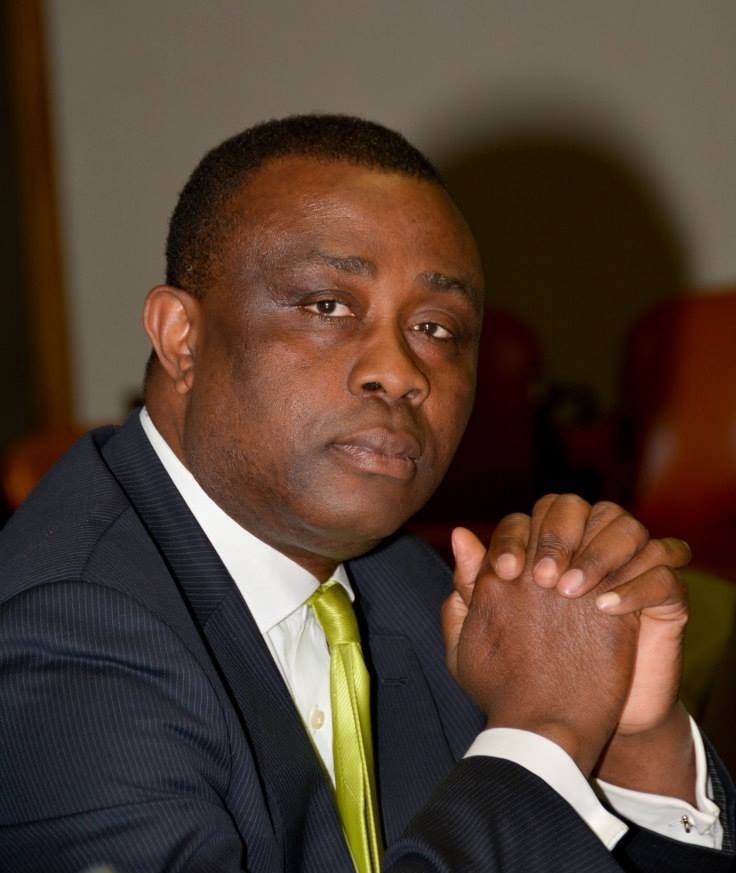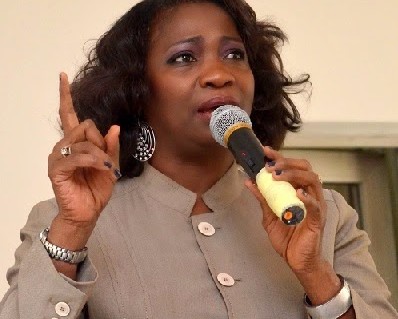Global Affairs Analyst Collins Nweke has described Nigeria’s boycotting of the World Economic Forum Africa as one that does not address the question of xenophobic attacks on Nigerians living in South Africa.

He calls on the need for a plan and a strategic sense of national pride rather than symbolic actions which according to him do not achieve anything.
He was speaking to 101Business in a telephone interview in which he described such symbolic actions as the recall of Nigeria’s High Commissioner to South Africa or boycotting of the World Economic Forum on Africa as reactions that do not touch on the root of the problem.
‘’The SA attacks and killings have been on for more than 3 years and the killings have been ongoing unabated. And now we are recalling our High Commissioner and joining other countries to boycott the WEF Africa as the mother of all a solutions”.

Nweke who has been active in consultancy and advocacy in the field of socio-economic development for Nigeria and for Africa in general also urged the Diaspora Commission to proffer a long term strategic plan that would deal with xenophobia against Nigerians in Diaspora.
”South Africans and other nationals of the world will always feel it’s okay to maltreat us, attack us and in the case of South Africa kill us by burning us to death since our government has spent the better part of the last 4 years telling the world that we are bad people”. He said.
Meanwhile, as Leaders from 28 African countries meet today to discuss issues relating to their economies at the World Economic Forum on Africa ongoing in Capetown, South Africa, the Democratic Republic of the Congo, Rwanda and Malawi are not participating in the event.

Head of strategic communications and member of the WEF executive committee, Olivier Cann confirmed Wednesday that the three countries are not attending the forum.
However, he explained that the countries withdrew before the attacks. So it can be assumed the withdrawals are linked to other reasons.
The forum is expected to discuss regional architecture related to smart institutions, investment, integration, industry and innovation.
Meanwhile, Zambia has also cancelled an international friendly football match with South Africa’s national team Bafana Bafana that was scheduled to be played in Lusaka.
“This is because of the security concerns, you never know what can happen. We want to be sure of the security of (the) visiting team”. Football Association of Zambia secretary-general Adrian Kashala said.

South Africa’s xenophobic attacks are on their third consecutive day having started on September 2.
According to reports in the media, the attacks started after a taxi driver was murdered by an alleged drug dealer in Pretoria.















